On its surface, Tell It to the Bees, the film that stars Anna Paquin as a small-town doctor who falls for the mother of one of her patients in '50s-era Scotland, is a period piece about lesbian desire, replete with deep gazes, stolen kisses, and fervent sex out of earshot of the male child, Charlie (whose point of view bookends the film). But simmering under the surface of the factory town where Holliday Grainger's single mom, Lydia Weekes, continually gets behind on the rent as she shelters her son from the reality of their situation are themes around women's sexual agency, autonomy over their bodies, same-sex love, interracial love, and toxic masculinity.
"I love the shopping list," director Annabel Jankel jokes to The Advocate about rattling off the topical themes in her film, based on the 2009 novel by Fiona Shaw (not the actress who stars in Killing Eve).
"There were so many things about it [the novel] that felt timely. It was the beginning of really transitioning into a more visible conversation about a lot of these things. And especially the whole LGBTQI movement starts to become much more evident in its vocal presence," Jankel says of the time at which the novel was written, although she wasn't introduced to it until several years later.
A director who cut her teeth on landmark videos for Talking Heads, Elvis Costello, and the Tom Tom Club, Jankel, who hails from England, is best known for co-creating the '80s-era AI character and pop culture phenomenon Max Headroom. Tell It to the Bees, told in lush period detail, seems a far cry from Jankel's early work, including the 1988 Dennis Quaid- and Meg Ryan-starrer D.O.A. and Super Mario Bros., based on the video game. But Jankel sought to tell a love story, and the film possesses a supernatural quality that's outside of but also fits within her oeuvre.
"I became engrossed in this book and I just sort of ate it up. I had to stop everything because I wanted to find out what happened. I was really particularly attracted to the two main outsiders," Jankel says. "I loved these two unusual women, especially in Britain. You're crossing the classes, but you're also crossing the genders through time. And it just has so many appealing aspects to it. I just thought, as I was reading it, I was envisioning it. It became important to me to try and make it happen."
Holliday Grainger and Anna Paquin
Tell it to the Bees is first and foremost about the love between Jean Markham (Paquin), who was shunned presumably for a relationship she'd had with a girl in her teens, and Lydia, a working-class mother whose husband left her to raise their child but still pops up to terrorize her over rumors of her relationship with Jean. But there's no denying the movie's searing social commentary.
There's a tough-to-watch secondary plot that involves Lydia's friend Annie (Lauren Lyle), who falls for and becomes pregnant by George (Leo Hoyte-Egan), a person of color. The racism and misogyny that ensue are staggering. But for all of its stark realism, the film is also fantastical in terms of the titular bees (which required a separate "bee unit" on set) that Jean keeps in her yard. On more than one occasion the tens of thousands of bees swarm in formation in response to stressful events in the narrative.
"It's a delicate path to tread," Jankel says of balancing the fantastical with the realistic.
"Because bees have this somewhat magical, cosmic, unquantifiable aspect to them and they work as a colony and as a hive, through the eyes of a child, when they kind of work at a macro level, when [kids] sort of peer into the blades of grass in the summertime and examine the ants," she says. "The curiosity is a very different perspective than once you grow up, and it felt as though from Charlie's perspective, the bees potentially represented something else."
Of course, the draw for lesbian and bisexual women craving representation on the big screen is the film's stars and their palpable chemistry. Paquin, the bisexual actress who won an Oscar for The Piano and went on to star in HBO's supernatural True Blood, and Grainger, the British actress whom American audiences may know from Showtime's The Borgias, parry and test one another until their desire brims over into a full-fledged affair.
"I just fell in love with her immediately," Jankel says of meeting Grainger. She has such tremendous empathy and intelligence. And for me, she just embodied Lydia from the moment we met. It was love at first sight."
Annabel Jankel
As for Paquin, Jankel has been a fan since 1993's The Piano and credits the 36-year-old with helping to guide Gregor Selkirk, who plays Charlie, through the shoot, especially since the two of them were suited up and interacting with the bees regularly.
"[Anna's] incredible support of Gregor, a young actor of around the same age that she was in The Piano, was so vital and sensitive that it made light of the intense schedule that we all were under in the wet and cold of a late Scottish summer," Jankel says.
The bees are utilized in the film in various ways to color or highlight a moment -- at one point, Jean delicately blows on a bee adhered to Lydia's neck, at once illustrating her command over the essential beings and creating a moment of awe and desire between the women. In another crucial scene, the bees intervene during a display of dangerous toxic masculinity.
Tell It to the Bees is on its surface a love story between women that excavates issues of acceptance of LGBTQ people, race-based discrimination, and a renewed interest in denying women reproductive autonomy. But the presence of bees, which are so crucial to the health of the planet, also sends a portentous environmental message.
"To come back to the bees..." Jankel says. "One more aspect [of the film] that was incredibly topical because of all the pesticides and the whole issue around the death of the bee colonies, which is an utter catastrophe, is the line that Charlie says, that the doctor says, about 'When the bees die, the Earth will die.'"
Still, the film is hopeful, ultimately sending a message about changing social mores. And that hope is reflected in bees' place in the narrative.
"There's the magical, unanswerable quality that is life itself," Jankel says. "Therefore, it felt legitimate to weave that element in [through Charlie's POV] and wonder at the bees, and how that might play out."
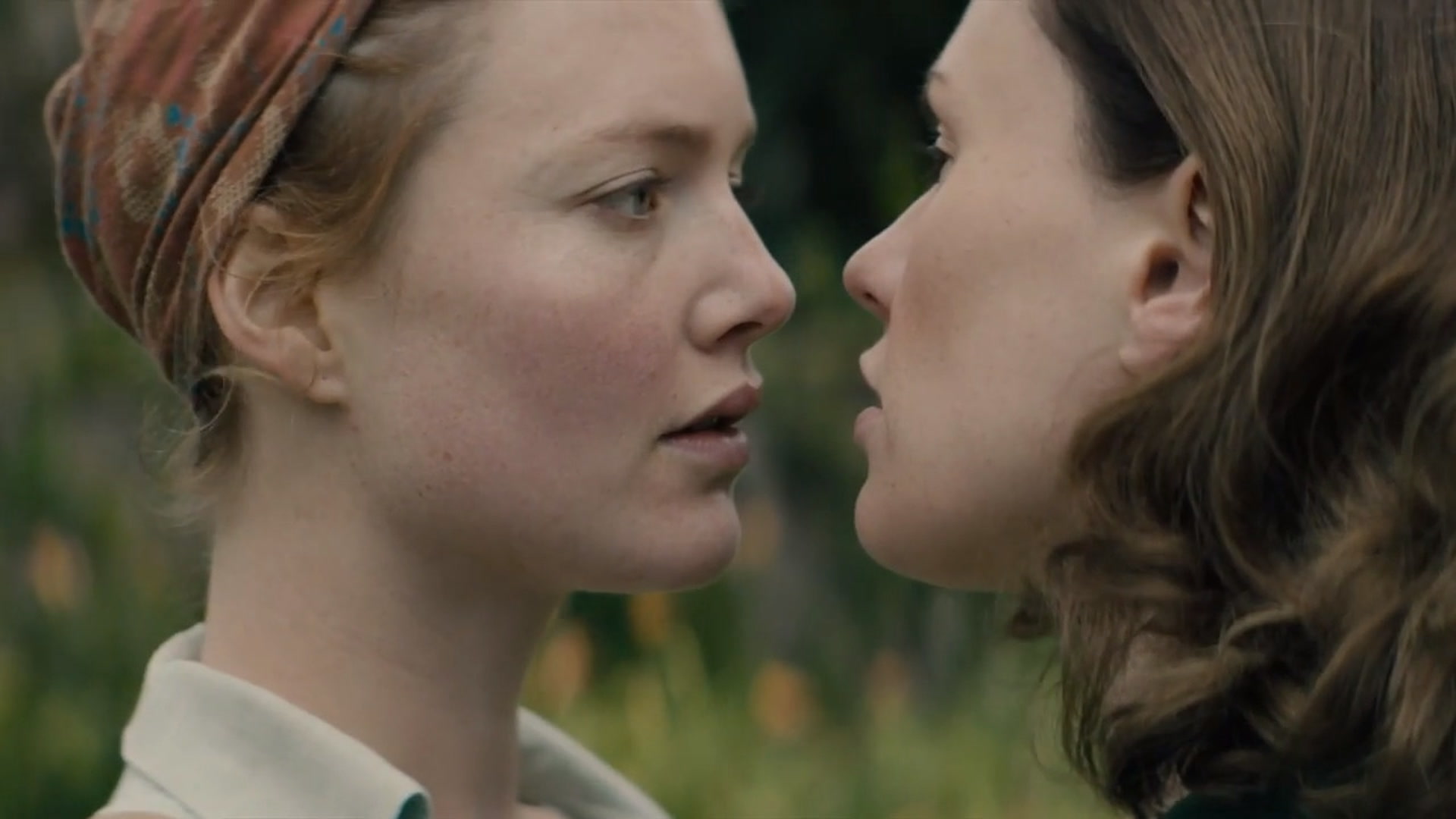


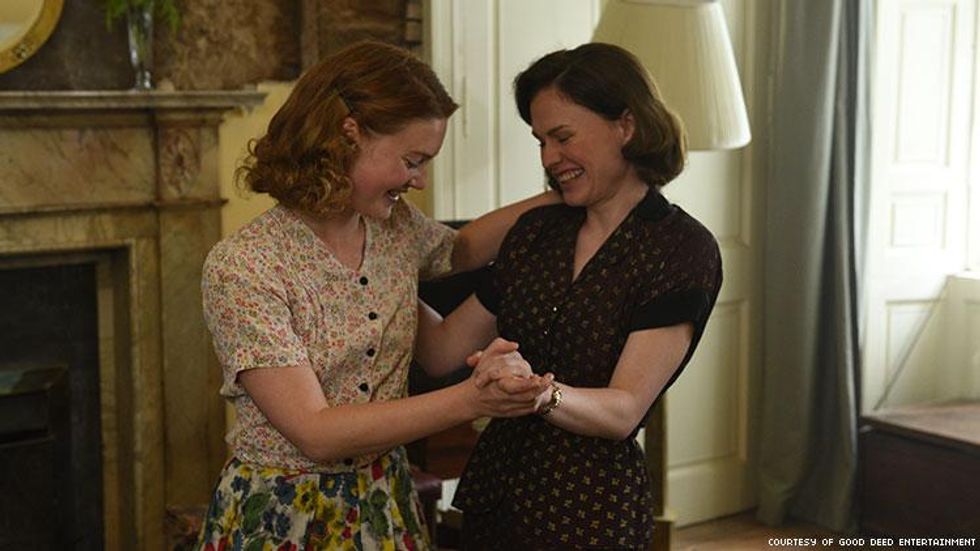
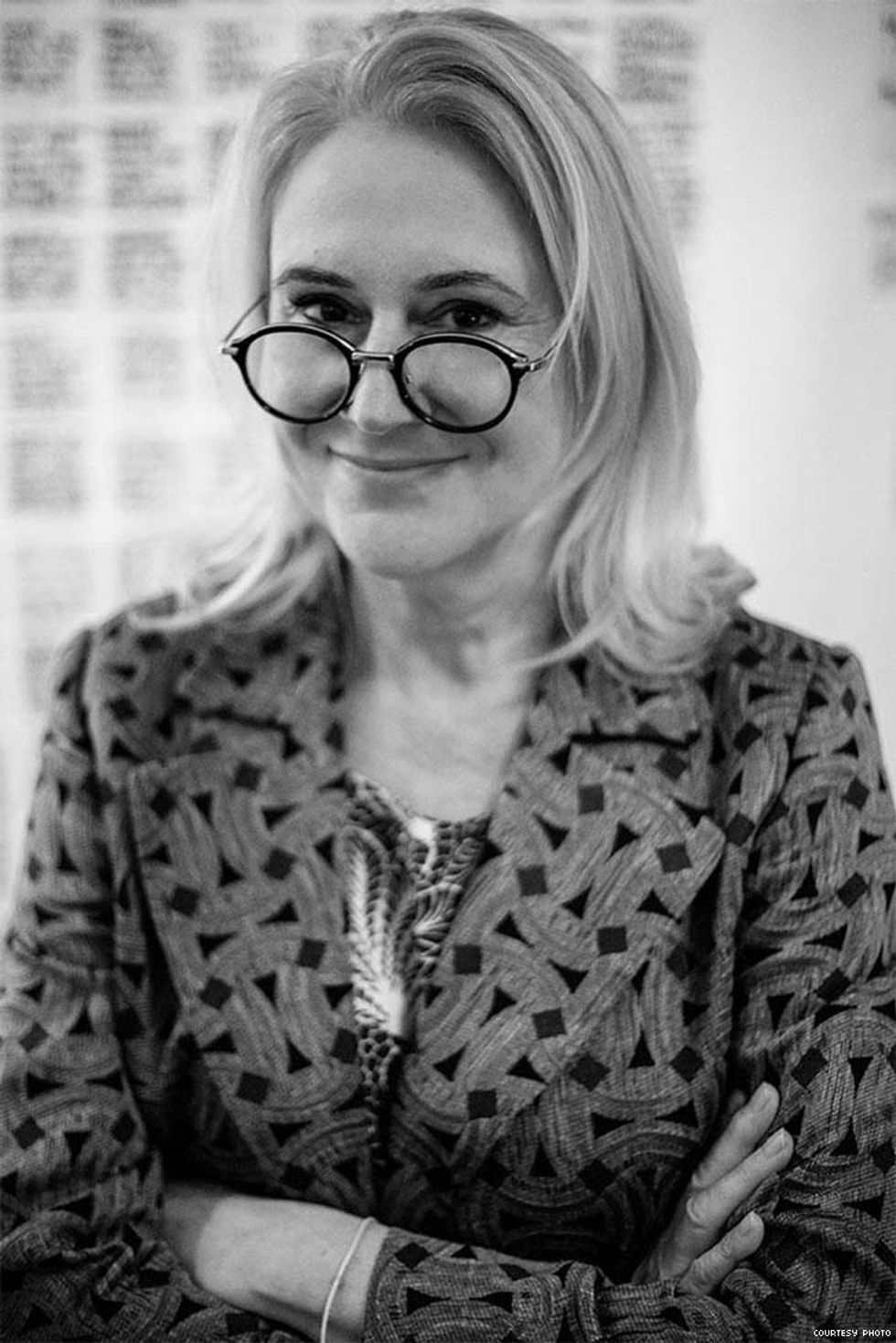





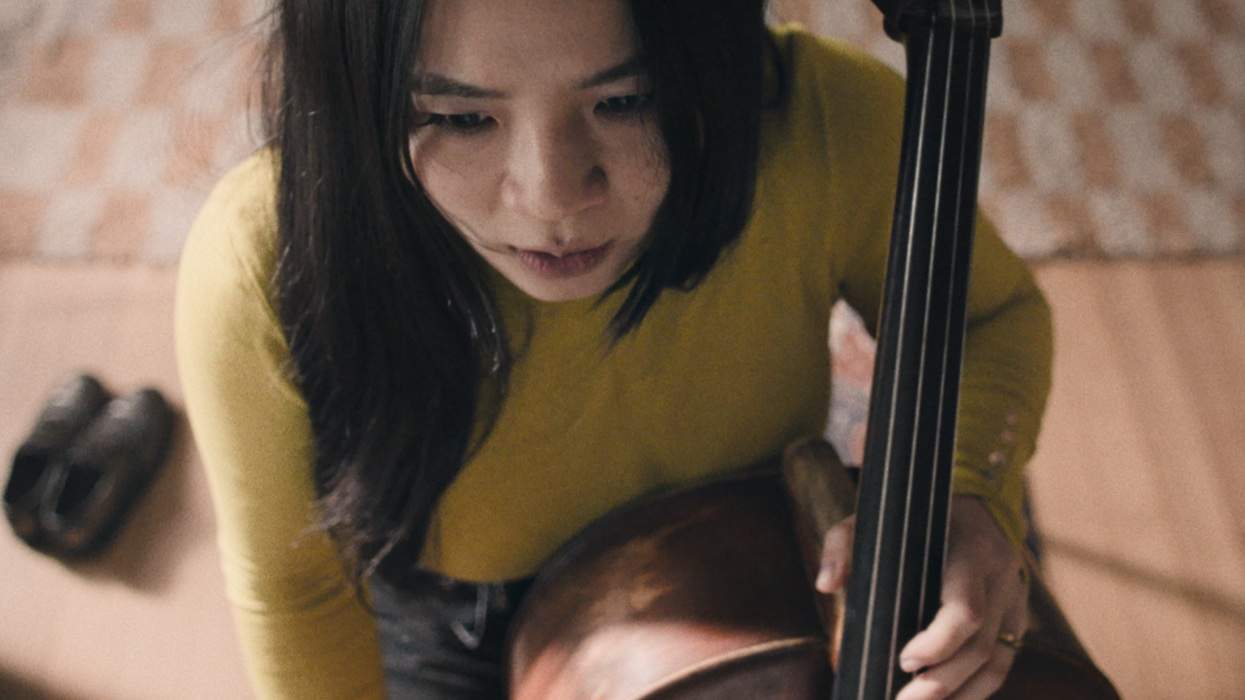

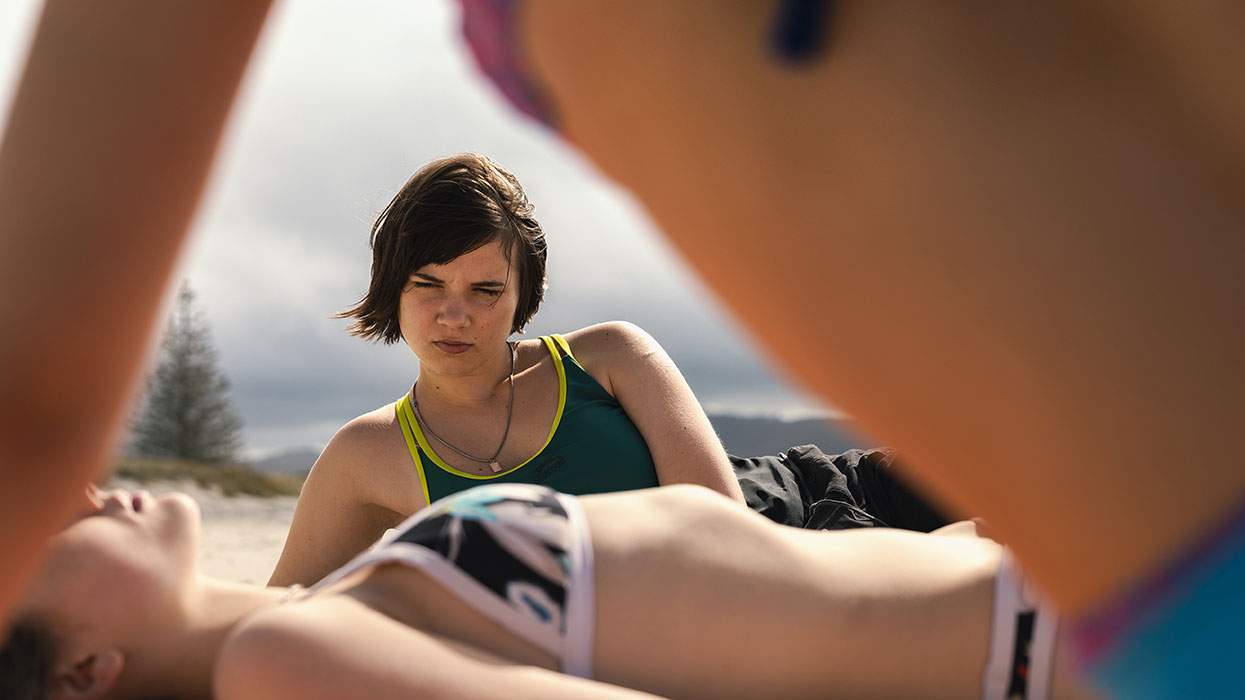
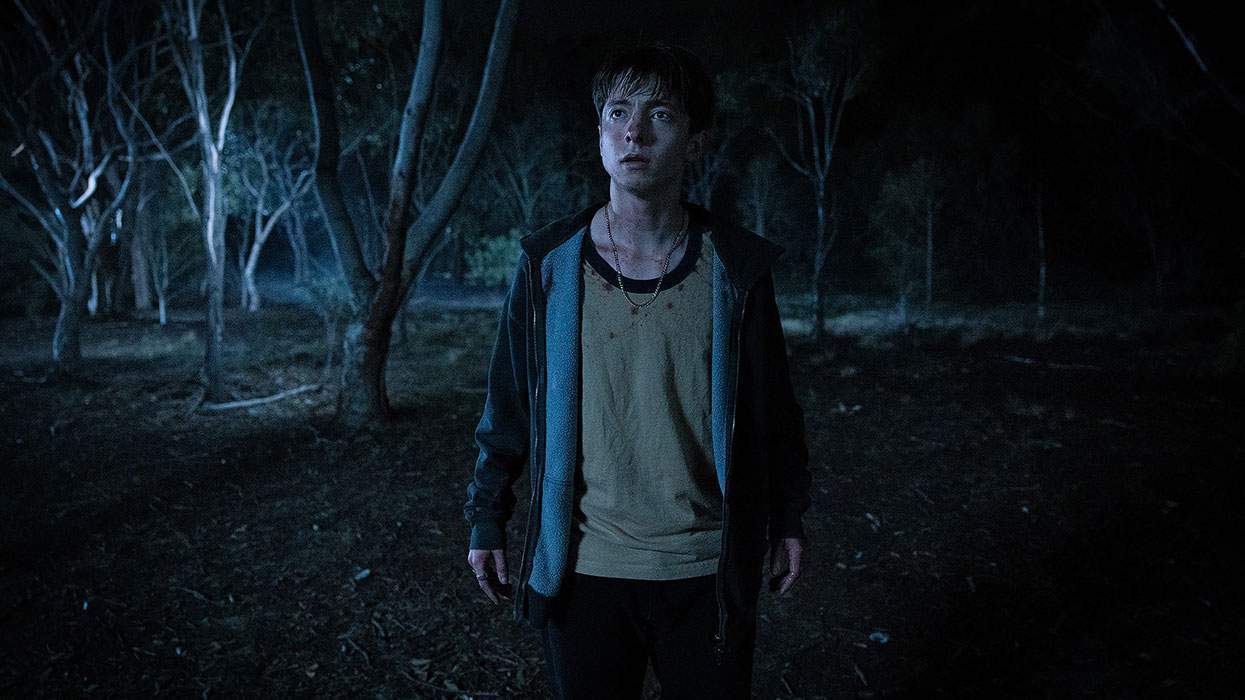





Charlie Kirk DID say stoning gay people was the 'perfect law' — and these other heinous quotes
These are some of his worst comments about LGBTQ+ people made by Charlie Kirk.